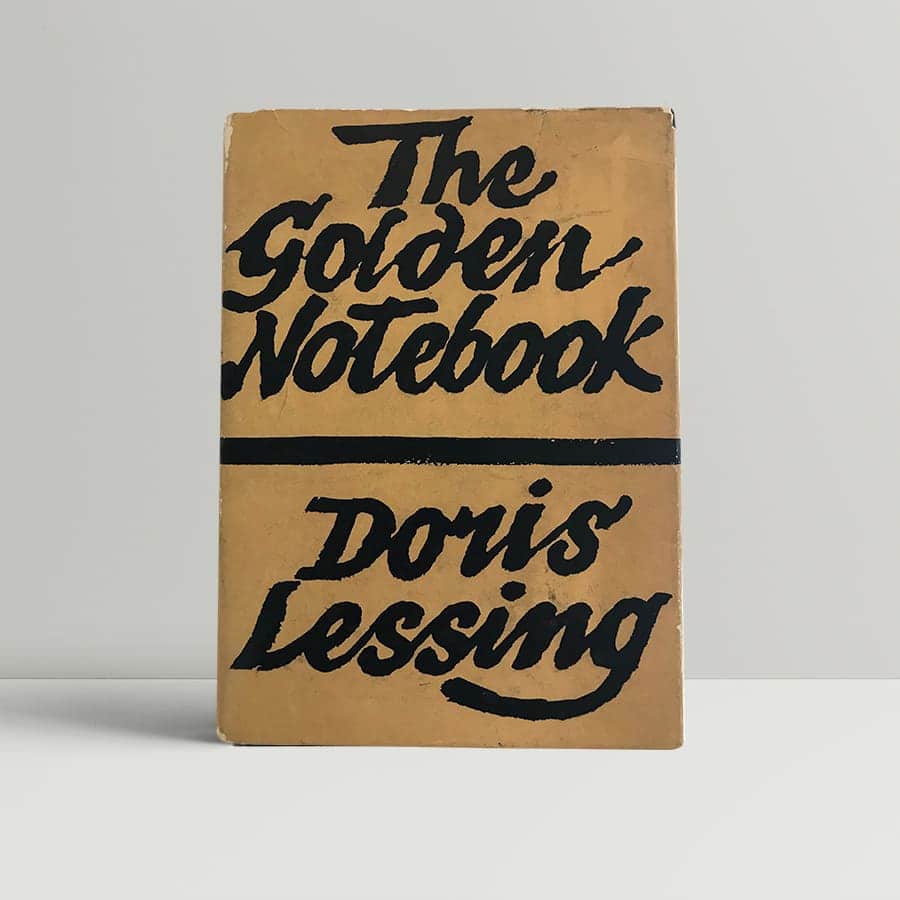


She had married twice in Southern Rhodesia (now Zimbabwe) - where she was an activist against racial segregation - and had come to London, where she published the best-selling novel “The Grass Is Singing” and embarked on a series of love affairs. Yet just as members of today’s Tinder generation can be flummoxed by a surfeit of options, she often felt depressed by the new freedom, and worried whether her emotions were “still fitted for a kind of society that no longer exists.” In the 1950s, from the tumult of wartime emerged a new type of woman whom Lessing, in “The Golden Notebook,” terms a “free woman”: Such a woman could work, raise children on her own, date around. What had this generation’s progressive causes amounted to? Meanwhile, Senator Joseph McCarthy was raving like a proto-Trump at left-leaning Americans. The marquee intellectual philosophy of the young 20th century - communism - was sagging from the revelation that “Father Stalin” had overseen the death of millions communist stalwarts in the West, like Lessing, felt they’d had the carpet pulled out from under them. When Doris Lessing, the British-Zimbabwean novelist who died in 2013, sat down to write “The Golden Notebook” in the 1950s, she was responding to a feeling of defeat in leftist circles, one similar to the whiplash experienced by liberals after the election of President Trump.


 0 kommentar(er)
0 kommentar(er)
